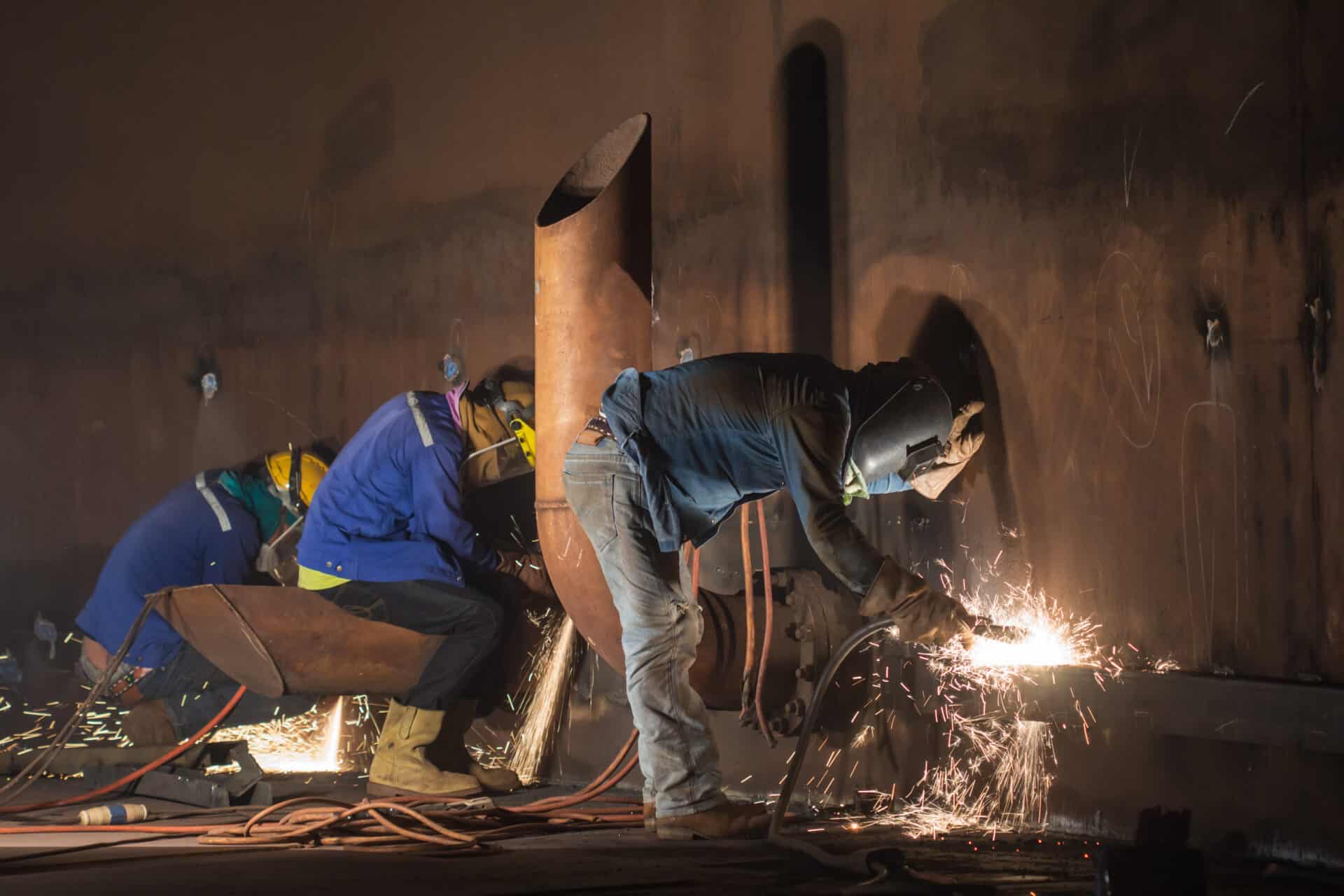Our mission is to provide quality training, at an affordable rate, for workers and abatement contractors across British Columbia.
Menu
Our mission is to provide quality training, at an affordable rate, for workers and abatement contractors across British Columbia.
This program will provide instructor candidates with the knowledge, skills, and materials to deliver a diligent and engaging confined space training to their student.
Program Outline
If an instructor candidate is adding this course to any Haland course they are currently certified to instruct, they can “bolt on” this additional topic to teach. See pricing page for details. This is because the instructor will have already taken the instructional skills training.
Upon completion of this program, instructor candidates will receive:
This additional knowledge components of instructor development will get instructor candidates to go deeper with their theoretical knowledge and practical skills.
This course covers the following topics:

Our confined space instructor course aims to set a high standard of training by requiring active engagement and effort from every instructor candidate. To obtain and maintain certification as a confined space instructor, you will be required to complete the following actions:
1. You don’t. Well. almost. Aside from the initial set of licenses as part of the instructor training program, there is no obligation to purchase any more. 2. But… if you do, this program is built around delivering our proprietary Confined Space course. As such, we must ensure the quality and consistency of training materials. License sales also help us fund improvement of the existing course. For what it’s worth, we have invested well over 350 hours into developing this program, AND we use our regular instruction of the Confined Space as our learning laboratory. This means our course evolves from year to year to keep up with:
We currently have a budget of another 100 hours to further improve this specific course over the next 12 months. Authorized instructors get access to these improvements without having to spend a single minute of their own time on development.
You can, however, are also required to get these as part of the instructor program.
Here’s why:
Each license contains:
The following comprise the MINIMAL equipment required.
Instructional Equipment
You can.
The certification issued by Haland Learning supports your delivery of this program. If you carried on teaching using 100% of your own material afterward, it would have no connection to Haland Learning Inc.
That being said, there is no prescriptive requirement (in the BC OHS Regulation, the Workers Compensation Act, or the CSA Standards) stating that ANY fall protection instructor training is required to teach this information to others. If a provider tries to convince you otherwise, they’re ignorant or lying. Neither is good.
If you choose to deliver your own program, we won’t try to stop you. Consider that you’d have to develop your own training materials, your training may not be recognized by the industry, and that if something went wrong you would have to defend your actions in court.
It comes down to Risk Perception vs. Risk Tolerance.
Our Fall Protection User course is accredited as an NCSO Approved course. All our instructors delivering our training are now automatically approved as well. No effort was expended from our instructors in order for them to be recognized. Getting accredited was no small task.
The average cost to get Fall Protection training:
Assumptions:
Notes
There are a few other organizations offering a Fall Protection Instructor program. Of course, you should do your diligence and assess all options before making an informed decision.
Some things to ask the other providers (we’ll answer each question to give you a comparison)
======================
How much time in the course is dedicated to giving instructor candidates time to instruct?
Each instructor will get 2 hours of actual teaching time in our program.
Not 0 minutes, not 5 or 15 minutes. 2 hours, at least. We ladder their skillset after each lesson plan delivery and provide real-life tools for instructors to improve their abilities. The final lesson plan delivery is virtually unrecognizable from the first because of this conscious skill development.
Each candidate is treated in accordance with their abilities. An experienced trainer would get much different feedback than a new candidate. In both cases, they learn useful tools.
======================
Are there annual fees required in order to maintain permission to use the program?
No. There is a $0 annual cost for the organization or the instructor. The only costs are student licenses.
======================
How often is the material refined and improved?
We do a complete course revision every 2 years to ensure timely and relevant training.
======================
Do phone and email messages get promptly answered?
We do. We are a small business. If we don’t answer the phone, our family doesn’t eat.
======================
Are you made to feel like your business is valued?
We do. You and your company are not a number. We are dedicated to your success and look forward to working with you.
Many safety courses are dry, not relevant, and boring. Really boring. If it’s not the course material, it’s the instructor. Some agencies believe they can talk AT you for hours and that you’ll somehow learn all the stuff.
We know from 20+ years of experience + current adult instructional knowledge this approach is woefully inadequate.
Every topic in the class is there for a reason. Each topic will have some type of activity the participants DO/INTERACT WITH in order to develop or confirm learning.
In summary… our courses are NOT boring. While it won’t be like going to Disneyland, participants will find themselves being engaged throughout the day, and they WILL learn something.